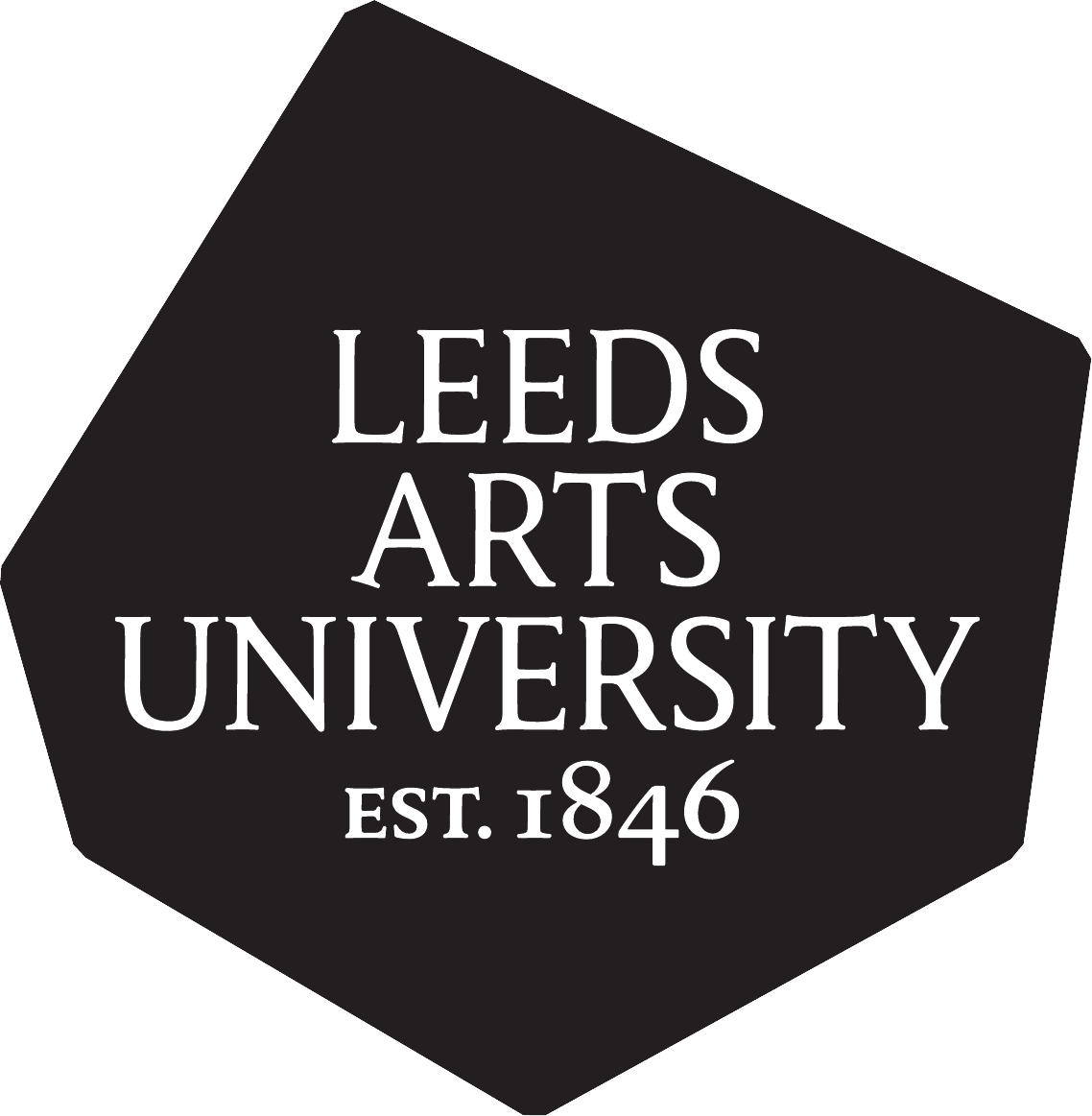‘Their defining moments’: Identifying critical influences that prompted progression into post compulsory education in the arts
Baines, Martell 
Abstract
This chapter presents a study that focuses on prevalent inequalities of access into post compulsory education in England. It draws attention to how individuals, who may be experiencing multiple factors of disadvantage or under representation, might surmount barriers that limit their upward social mobility. While it is widely accepted that access to and successful participation in education can lead to progression into employment and improved economic and social status, it is argued that this assumption is overly simplistic. The home context of an individual, the health, welfare, financial security and the geographic location of their family home continue to be strong influencing factors in the prospects of individuals in the family. These factors play an influential role in decision making on educational pathways and whether to enter post compulsory education. The scale of the problem is highlighted by empirical surveys that highlight the challenge that Widening Participation (WP) practitioners face in targeting interventions. Evident by the under representation of particular groups of students, in terms of their gender, age, ethnicity, disability or socio economic status in post compulsory education, there exists an inequity of access in post compulsory education prevalent for many across the subject sectors. Influences, external to the education institution, that are occurring within the home and community context, have the potential to stifle attaining upward socio-mobility that can enable a secure, economically stable, life for a household. Progression into Further and Higher education, to achieve attainment through qualifications, has to surmount the pervading effect of these hurdles. The question is can education or WP achieve it alone, as an endeavour, in isolation to other support and welfare agencies, in society? In order to address the inequalities of access, WP practitioners are tasked to deliver interventions with individuals, schools, colleges and community groups, at all stages of education, to encourage progression in education. This is to enable individuals to participate beyond Level 3 National qualifications, which are seen as a solution. This is an interpretivist narrative enquiry which examines critical incidents, that respondents recall having assisted them in undertaking their journey into studying the Arts. The ‘student voices’ gathered through their personal stories provides valuable insights into their critical incidents, epiphany, influential agents, experiences, artefacts or places that informed their choices.
Actions (login required)
 |
Edit Item |

